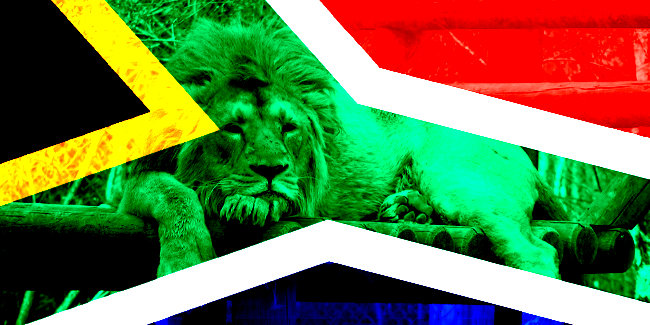The death of Winnie Mandela, wife of Nelson and key figure in the struggle against apartheid in South Africa, has prompted inevitable jostling between the opinion sections of Britain’s newspapers.
The Graun fielded a complaint from Afua Hirsch that the obits would have been nicer if Winnie was a white guy. This was prompted by Andrew Malone of the Mail, who described Mandela as ‘an odious, toxic individual who continued to preach hatred rather than reconciliation right up to the end of her life.’
Being ignorant of South African history, I’ve no opinion whether the bad in Winnie Mandela’s life outweighed the good, or if violence was necessary in overthrowing the apartheid regime, as Stephen Bush, one of Britain’s best political hacks, claims is the historical consensus. But Hirsch’s column is indicative of a worrying tendency to see racism everywhere, and deserves some comment.
A mixed-race Briton raised in Wimbledon, Hirsch became a journalist after working as a barrister, covering West Africa and legal affairs. Her recent columns specialise in British attitudes to race, on which she has published a book, Brit(ish).
I first noticed her suggesting we pull down Nelson’s Column – a tribute to the vice-admiral Horatio rather than Winnie’s ex-husband – because of his support for slavery. Another column calling for a British museum of empire shows she is clearly on a mission to have Britain confront the past she believes we ignore.
But her sightings of racism in so many events make me sceptical. In her piece on Winnie Mandela she asks: ‘Who now would defend the apartheid regime?’ In Britain, nobody aside from a few far right cranks. A bit later she contrastingly adds: ‘Our ambivalence about apartheid is the elephant in the room.’
Perhaps my sheltered existence biases me, but I’ve never knowingly met anyone who is dicey on apartheid. At the least British newspapers, including the nasty rightwing ones, were able to smother their secret love for apartheid in fawning coverage for Nelson Mandela when he died. He even has a statue in Parliament Square, unlike any woman.
That Britain only has bandwidth for one South African hero is also unsurprising. As a journalist I have often noticed that the layman does not care for details about your special thing, whether it is the variety of software-as-a-service (SaaS) solutions, the finer theological points of sectarian disputes, or whether Han Solo shot first.
Hirsch bewails the fact that Nelson Mandela looms so large in our minds, but South Africans are lucky anyone looms at all. There are plenty of countries, including ones Britain used to own, which do not field a single noteworthy person in the average British mind.
And the claim that many of our heroes are violent is also suspect. The 100 Greatest Britons poll from 2002 named only three soldiers (Winston Churchill, Nelson and Oliver Cromwell) in its top ten, two of which were also politicians and one of which was also a journalist and historian. That same top ten also features scientists (Isaac Newton and Charles Darwin), an engineer (Isambard Kingdom Brunel), a musician (John Lennon), and a gormless socialite (Diana Spencer).
It is true we have statues to the likes of the imperialist Cecil Rhodes, but mostly these were put up some time ago and are ignored by the residents of wherever they are stood. They are mostly not our heroes but those of our ancestors – see previous poll.
Why has Hirsch made this thin argument, then? A Brit(ish) extract published in the Financial Times suggests a great deal about Hirsch’s view, the author citing childhood diaries recording ‘a constant consciousness of feeling at odds with my surroundings, of being defined by skin, hair, name and a murky background from a place synonymous with barbarity and wretchedness.’
The journalist David Goodhart dubbed the style ‘expressive but not persuasive’, adding that Hirsch cites ‘much evidence of racism that sounds wrong or out of date, invariably arguing from anecdote, not data.’ The Internet snark for this is ‘feels over reals’.
Shortly before the end of Hirsch’s piece on Mandela, she says: ‘It’s hard to resist the conclusion – comparing the fact that it’s these people whom we immortalise, and those such as [Winnie] Madikizela-Mandela whom we demonise – that we are still undecided about which side of history we, as a nation, are on.’
The more obvious conclusion, alluded to by the New Statesman’s Bush, is that Winnie Mandela was a contentious figure whose record is too chequered to receive entirely sympathetic obituaries. And, from my end, that Britain is a country which admires many achievements, but does not concern itself overly with dubious figures from South African politics.
Image based on Lion, May 2013 by Regis Leroy and Flag of South Africa
